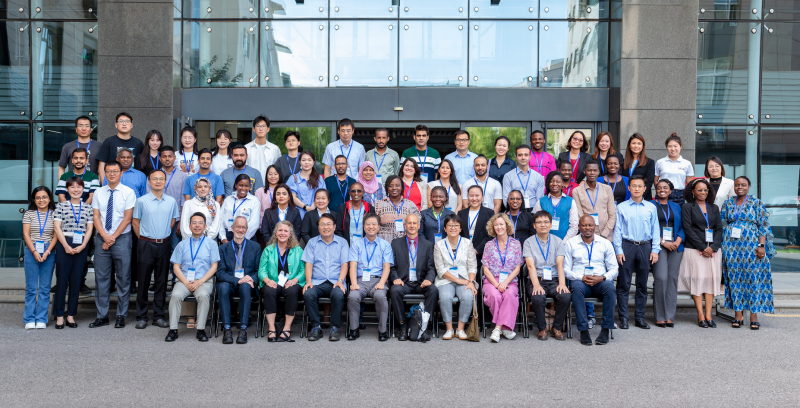
What are the TWAS Regional Partners?
TWAS is based in Trieste, Italy, in the global North, but represents scientists everywhere in the world, with an emphasis on the global South. To maintain a presence in developing countries that TWAS is focused on helping, it maintains five ‘Regional Partners’ based in the five regions designated by TWAS programmes.
Where is each Regional Partner and what areas do they represent?
- The Latin America and the Caribbean Regional Partner (TWAS-LACREP) is based in Rio de Janeiro, Brazil. It is hosted and operated by the Brazilian Academy of Sciences.
- The sub-Saharan Africa Regional Partner (TWAS-SAREP) is based in Pretoria, South Africa. It is hosted and operated by the Academy of Science of South Africa (ASSAf).
- The Arab Regional Partner (TWAS-AREP) is based in Alexandria, Egypt. It is hosted and operated by the Bibliotheca Alexandrina in Alexandria, Egypt.
- The Central and South Asia Regional Partner (TWAS-CASAREP) is based in Bangalore, India. It is hosted and operated by the Jawaharlal Nehru Centre for Advanced Scientific Research.
- The East and South-East Asia and the Pacific Regional Partner (TWAS-SAPREP) is based in Beijing, China. It is hosted and operated by the Chinese Academy of Sciences (CAS).
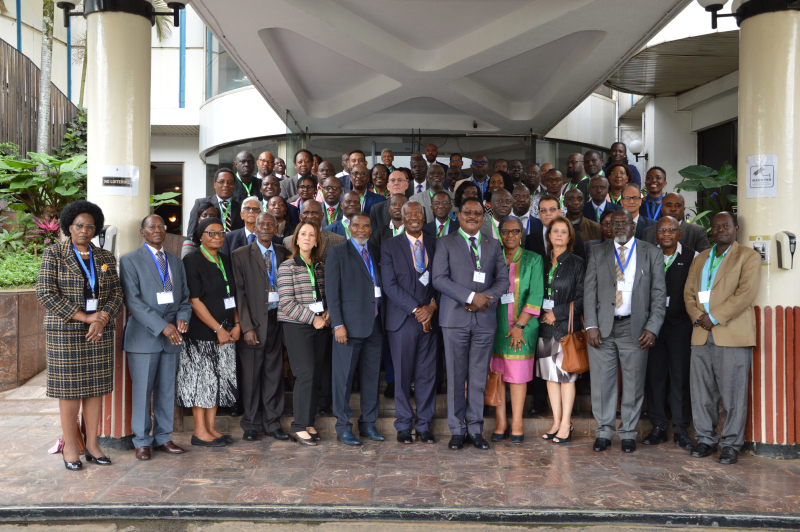
What do the Regional Partners do?
They nominate scientists for TWAS awards and select TWAS Young Affiliates. They also raise awareness of TWAS and its programmes among scientists of their regions—in particular young scientists under 40—and help to advance support for science among policymakers and with the general public.
Each Regional Partner also organizes meetings and conferences. This includes their own annual meeting open to all the TWAS Fellows and TWAS Young Affiliates in their respective region. They also participate in a joint annual meeting arranged by TWAS in the interest of open dialogue. Regional Partners also independently arrange their own regional conferences for young scientists that can vary in theme and location within the region. Moreover, they help disseminate information about TWAS opportunities within their region and ensure the Academy remains closely connected to grassroots science in the developing world.
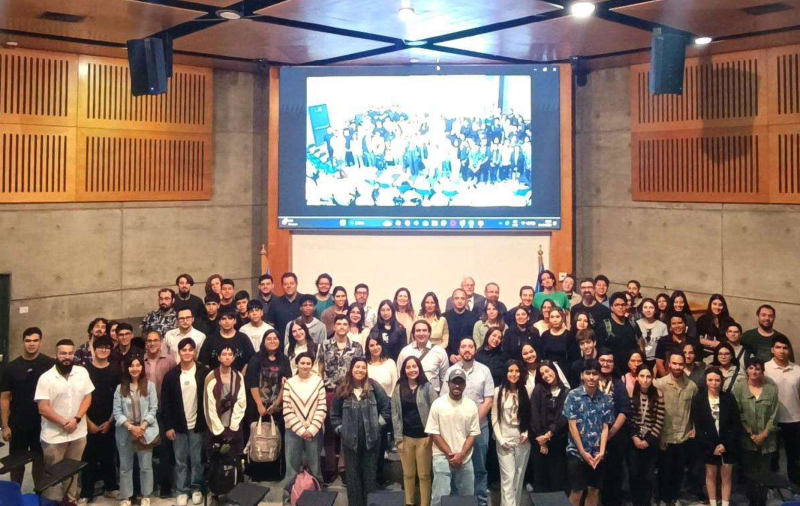
What are TWAS Young Affiliates and how does the process for selecting them work?
TWAS Young Affiliates are early-career scientists with noteworthy potential identified by TWAS so that they can take advantage of mentorship and other resources available through the Academy. You can learn more about them here.
Every year, each Regional Partner opens and closes a call for nominations to become a TWAS Young Affiliate. Anyone may nominate anyone, including themselves. Nominations are submitted through forms that must be sent to the Regional Partner that represents their country of origin.
Each Regional Partner then screens the nominations and sends to TWAS up to five candidates they deem best-suited to become a TWAS Young Affiliate. TWAS then checks to ensure that the eligibility criteria are met and approves or rejects the candidates, up to 25 total in a given year.
If you wish to inquire about the nomination process it is best to reach out by email to the Partner for your region. They are:
- TWAS-LACREP: twas-lacrep@abc.org.br
- TWAS-SAREP: twasrossa@assaf.org.za
- TWAS-ARAP: alexandria@twas.org
- TWAS-CASAREP: twascasarep@jncasr.ac.in
- TWAS-SAPREP: twasroeseap@cashq.ac.cn
If you are unsure of which Region you belong to, please review the list here.
The deadline for nominations varies by office, and year-to-year. You can watch this page for announcements.
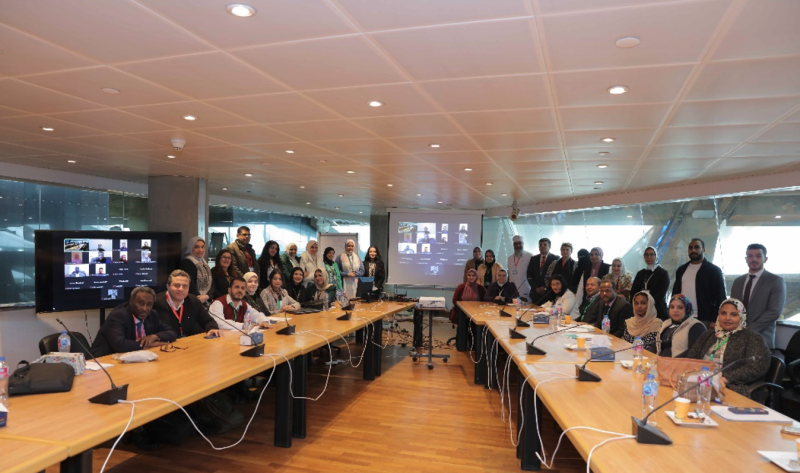
What are some examples of themed conferences organized by Regional Partners?
Here are some events organized by or attended by the TWAS Regional Partners in 2024:
- TWAS-AREP organised an online lecture on sea-level change along Mediterranean shores, held 3 November 2024 and open to the public. The aim of the event was to inform the public on cascading natural disasters and the role of scientists in disaster preparedness. It also held a hybrid workshop on innovation and technology for sustainable development in the Arab Region, on 26–27 November 2024, for which 63% of the 41 participants were women.
- TWAS-CASAREP participated in an online meeting on 17 April 2024 with science diplomacy experts. The partner, from 10–12 December 2024, organized a hybrid young scientist meeting on climate action at the Jawaharlal Nehru Centre for Advanced Scientific Research, in Bengaluru, India. 45 participants attended the meeting, including 14 women.
- TWAS-SAPREP, with The Commission on Science and Technology for Sustainable Development in the South (COMSATS) of Pakistan and the CAS-TWAS Center of Excellence for Climate and Environment Sciences (ICCESS) of China, co-hosted a panel discussion of scientific experts on science, technology, and innovation in the global South on 10 May 2024. Also, over 130 researchers and staff from Thai institutions attended an international training workshop on weather, climate, and technology held in Bangkok, Thailand on 6–9 August 2024.
- TWAS-SAREP participated in a webinar on science advice and food security with the Mauritius Academy of Science and Technology (MAST) on 28 May 2024, through TWAS Vice-President for Africa Prof. Olubukola Babalola, who delivered the opening remarks. The webinar was sponsored by the Network of African Science Academies and InterAcademy Partnership (IAP) through a grant to enhance the expertise of MAST in offering science advice to policymakers.
- TWAS-LACREP, alongside the TWAS Young Affiliates Network (TYAN), organized an event entailing summer Schools and training courses for students in UN-identified Least Developed Countries (LDCs) and TWAS-identified science- and technology-lagging countries (STLCs). The event was held from 11–15 December 2024, and took place in Santiago, Chile. Other partners included the University of Chile, the Chilean Academy of Sciences, and the Brazilian Academy of Sciences.
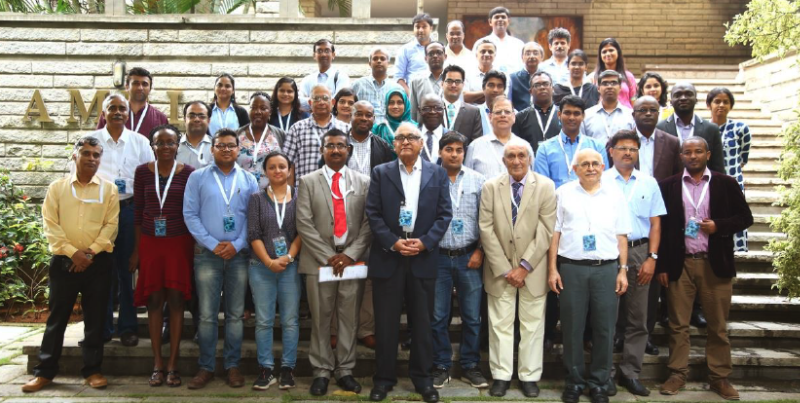
How can I learn more about the Regional Partners?
If you have further questions that aren’t covered here, please email: regionalpartners@twas.org for general queries, and exchanges@twas.org for general queries related to Young Affiliates.
Sean Treacy

